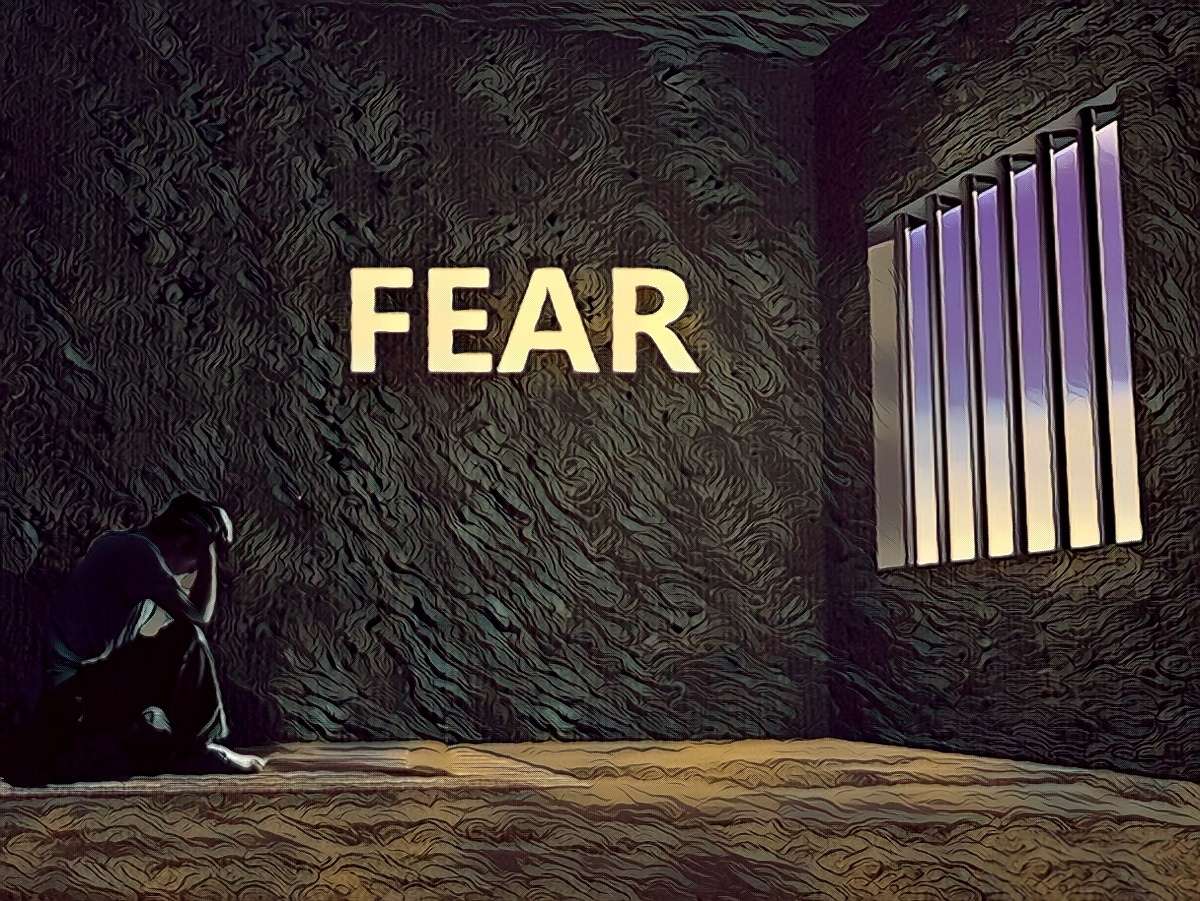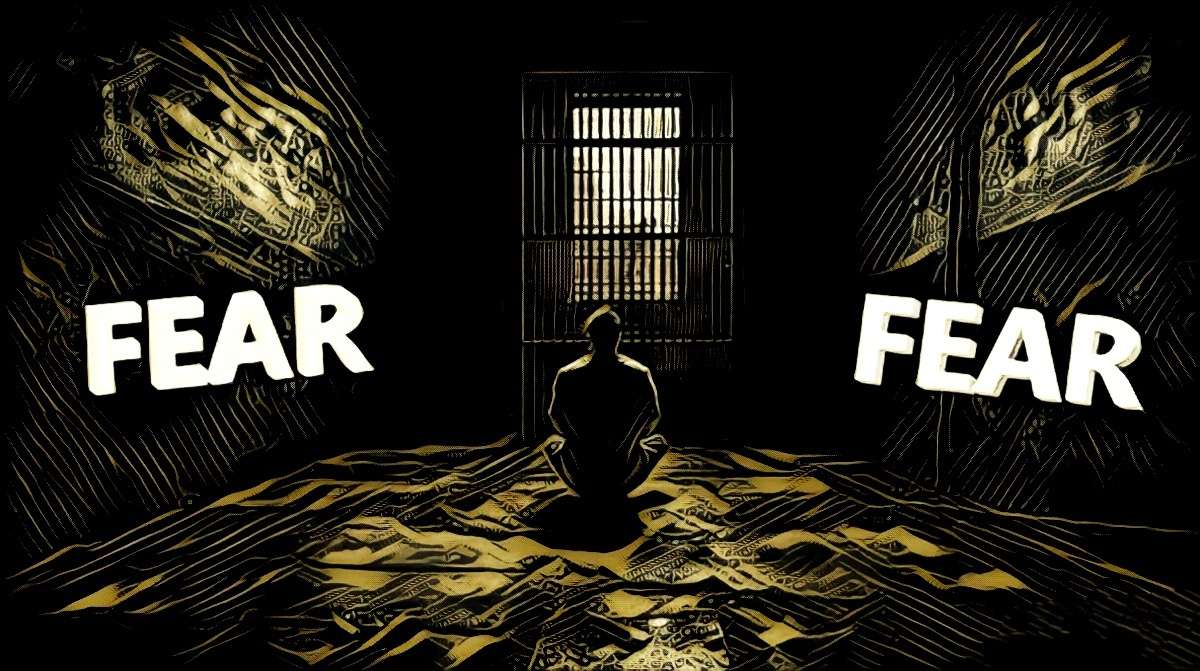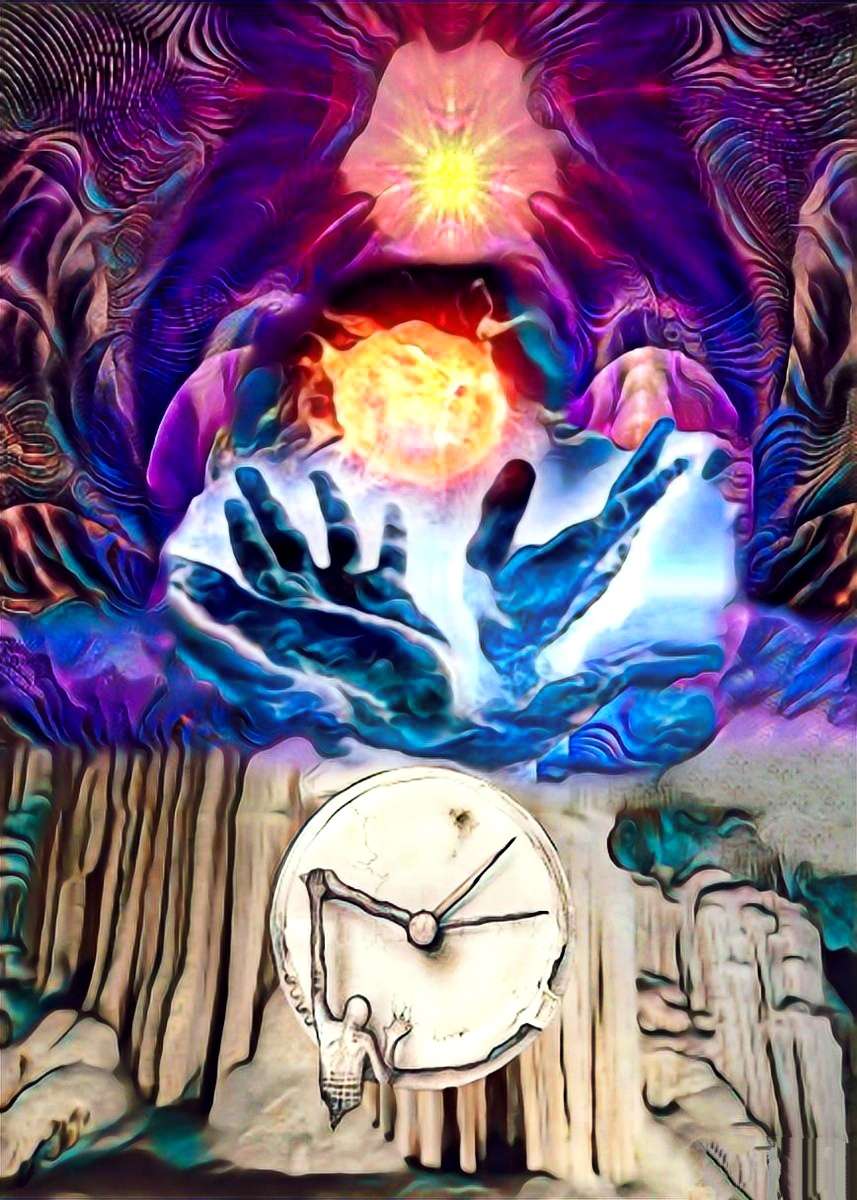
Shadow of the hypocrites and tall talkers are like vultures who soar high and high in their talks, but the heart is really on a piece of carrion on the ground.
Hypocrisy, the act of claiming or appearing to have moral standards or beliefs to which one’s own behavior does not conform, is a pervasive and often insidious aspect of the human condition. While we may readily condemn it in others, it’s crucial to acknowledge that the seeds of hypocrisy often lie within ourselves. This article delves into the multifaceted nature of human hypocrisy, exploring its psychological roots, societal manifestations, and the potential for self-awareness and redemption.
The Psychological Roots of Hypocrisy
At its core, hypocrisy stems from a fundamental cognitive dissonance – the uncomfortable tension that arises when our actions contradict our beliefs. To alleviate this discomfort, we employ various psychological defense mechanisms.
- Self-Justification: We may rationalize our inconsistent behavior, creating elaborate justifications that allow us to maintain a positive self-image. For example, a politician who preaches fiscal responsibility may engage in extravagant spending, justifying it as necessary for the “greater good.”
- Selective Perception: We tend to focus on the negative aspects of others’ behavior while overlooking our own shortcomings. This selective perception allows us to maintain a sense of moral superiority.
- Double Standards: We may apply different moral codes to ourselves and others. What is acceptable for us may be deemed unacceptable for someone else, often based on factors like social status, personal relationships, or perceived threats.
Societal Manifestations of Hypocrisy
Hypocrisy is deeply ingrained in the fabric of society, manifesting in various forms:
- Political Hypocrisy: Politicians often make promises they have no intention of keeping, engage in unethical practices, and exploit public trust for personal gain.
- Religious Hypocrisy: Individuals who claim to be devout followers of a particular faith may engage in discriminatory or unethical behavior, contradicting the core principles of their religion.
- Social Hypocrisy: Social media platforms are rife with examples of individuals projecting an idealized image of themselves while privately engaging in harmful or unethical behavior.
- Consumer Hypocrisy: Consumers may express strong environmental concerns while readily purchasing products that are harmful to the environment.
The Cost of Hypocrisy
The consequences of hypocrisy can be far-reaching:
- Erosion of Trust: Hypocrisy undermines trust between individuals, communities, and institutions. When people consistently fail to live up to their words, it becomes difficult to believe their promises or take their values seriously.
- Social Division: Hypocrisy can exacerbate social divisions and create resentment. When individuals or groups perceive others as acting in a hypocritical manner, it can fuel anger, distrust, and conflict.
- Personal Distress: Engaging in hypocritical behavior can lead to internal conflict, anxiety, and a diminished sense of self-worth.
Breaking Free from the Cycle of Hypocrisy
While eliminating hypocrisy entirely may be an unattainable goal, cultivating self-awareness and practicing genuine integrity are crucial steps towards a more authentic and fulfilling life.
- Self-Reflection: Regularly engaging in introspection can help us identify our own biases, blind spots, and inconsistencies. Journaling, mindfulness practices, and seeking feedback from trusted others can all be valuable tools for self-reflection.
- Accountability: Holding ourselves accountable for our actions, both positive and negative, is essential. This may involve acknowledging our mistakes, apologizing for our transgressions, and actively working to make amends.
- Empathy and Compassion: Cultivating empathy and compassion for others, including those with whom we disagree, can help us to understand their perspectives and avoid judging them harshly.
Hypocrisy is a complex and multifaceted aspect of the human condition. By acknowledging its presence within ourselves and striving for greater self-awareness and integrity, we can begin to break free from the cycle of self-deception and build a more just and equitable society.






